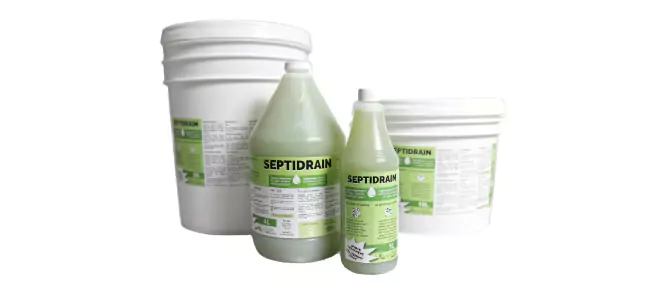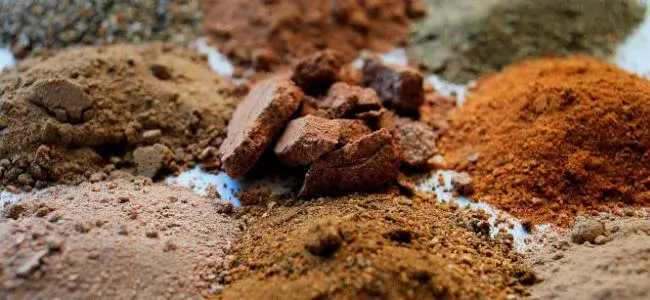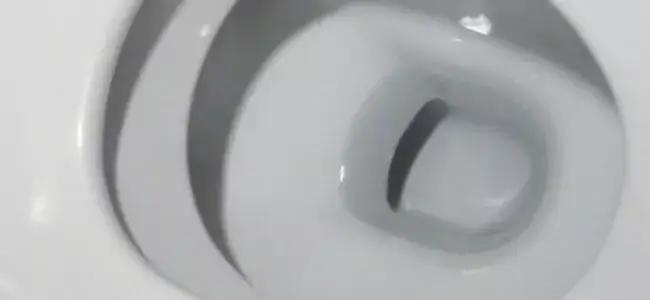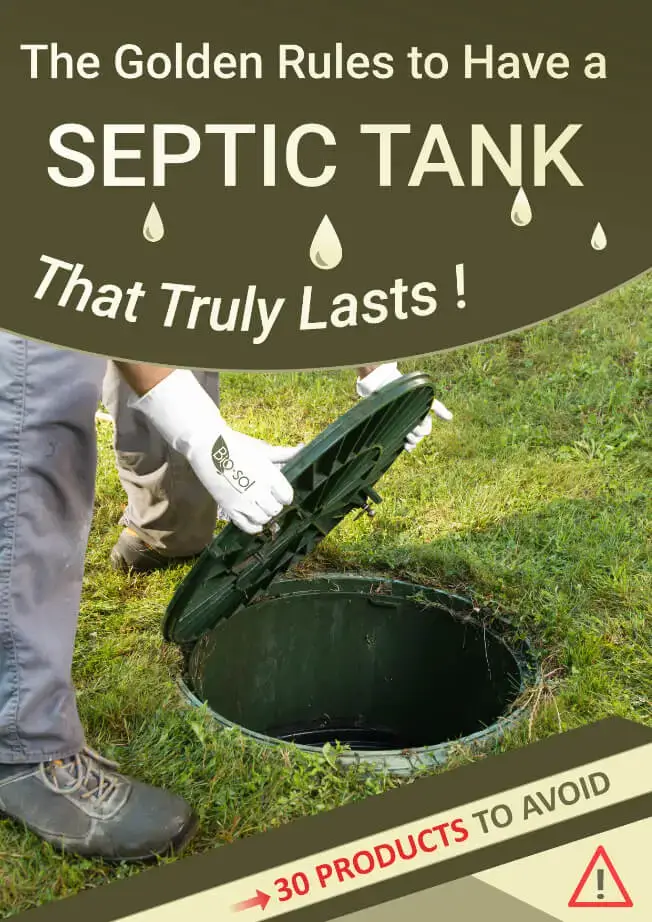Septic safe drain cleaner: the combination of biosurfactants and bacteria

TABLE OF CONTENTS
A drain cleaner is a cleaning agent that has been specially formulated to break down organic matter and grease. There are two broad categories of drain cleaner – chemical-based and biological-based. Chemical-based drain cleaners can either be alkaline (they have a high pH) or acidic (have a low pH). Both alkaline and acidic degreases use solvent agents made from alcohol and petrochemicals. Because of their composition, both alkaline and acidic drain cleaners can alter the pH of the septic tank which makes them a bad choice for septic system owners. And this is where septic-safe drain cleaner using biosurfactants and bacteria comes handy…
Unlike their chemical-based counterparts, biosurfactants are made from bacteria and this means they do not pose any risk to the microorganisms in the septic tank.
CAUTION: There are some biosurfactants that are made from plants and are therefore biodegradable. But this doesn’t necessarily mean that they are harmless. Some of the biodegradable drain cleaners are actually harmful both to the environment and to the users. For instance, benzene is one of the commonly used organic compounds in these degreases and it is carcinogenic. So do not make the mistake of buying a drain cleaner just because it has the non-hazardous sticker.
Biosurfactants
Biosurfactants are surface-active substances which are produced from microorganisms (primarily bacteria). All biosurfactants are amphiphiles which means they consist of a polar (hydrophilic) and a non-polar(hydrophobic) group. As a result of their amphiphiles, nature biosurfactants have lots of functional advantages over their chemical counterparts. For instance, they have great surface activity due to their impressive foaming capabilities which makes them awesome emulsifiers. They are also environmentally friendly because they are biodegradable and that makes them safe to use for septic system owners. Another advantage of biosurfactants is they are active at extreme salinity, temperatures, and pH. Because septic systems can have a subset of these extreme conditions, biosurfactants are the perfect degreasers to go for. Biosurfactants can also be produced from industrial waste as well as from industrial by-products. The utilization of waste products as substrates in the production of biosurfactants not only makes it cheap to produce them but also helps in reducing pollution.
Using biosurfactants in septic-safe drain cleaners
Hydrocarbons are widely used today and they are known to cause serious environmental contamination. For starters, the hydrocarbons found in fats and oils are not soluble in water which poses a challenge in the septic system. The bacteria in the septic system cannot break FOG down and their accumulation in the septic tank causes the scum to build up quickly. FOG can also result in blocked pipes in the plumbing from the house or even in the drain field. The lack of solubility of hydrocarbons means that they cannot dissolve in groundwater either. If they get this far, they will partition to the soil matrix which contributes to the biggest chunk of the total contaminant mass.
Biosurfactants can help in the cleaning of these hydrocarbons. They achieve this either by increasing the substrate bioavailability for the microorganisms or by interaction with the surface of the cells to increase their hydrophobicity (repelling rather than absorbing water). Increasing their hydrophobicity makes it easier for the hydrophobic substrates to associate with the bacterial cells. When biosurfactants reduce surface tensions, they increase the surface area of the insoluble compounds. This ultimately leads to the increase of mobility as well as bioavailability of the hydrocarbons. As a result, biosurfactants enhance the removal and biodegradation of hydrocarbons.
Conclusion
As a septic system owner, you should keep away from the chemical drain cleaners. These drain cleaners contain lots of toxic substances that will kill the helpful bacteria in the septic tank and thereby cause you more harm than good. Additionally, some of these drain cleaners have compounds that are toxic to humans. Instead, you should stick to septic-safe drain cleaners. Biosurfactants are made from bacteria and you can be sure they will not alter the pH of your septic system or result in the death of the helpful bacteria. But even though these septic-safe drain cleaners do a great job in breaking down fats, they shouldn’t be looked at as a substitute for pumping the tank. Using them helps you to avoid blockages and system failure but you should still stick to your pumping schedule as guided by your local regulations.
OUR LATEST BLOG POSTS

Strange facts about septic systems
If you are a septic system owner, you might have heard all manner of myths. For instance, there is a common myth that throwing a dead cat in the septic tank can help rejuvenate bacteria and thereby make the septic tank more effective. But is this even true? In this article, we will not only answer that […]

Soils types and their impact on septic systems
SOILS TYPES AND THEIR IMPACT ON SEPTIC SYSTEMS However good your septic system is, it depends on the right soil type to complete the process of purifying the wastewater from your home. The soil type in the drainfield area will determine how well the effluent is filtered and if the water that is sent back to the […]

Avoid flushing these if you have a septic tank
Most homeowners wrongfully assume that their toilet can serve as some sort of garbage disposal. As a result, they end up flushing all manner of things in the toilets. Some of the things that are flushed down the toilet are actually innocent mistakes because homeowners think that is the right way to dispose of the products while in other cases, it is just a don’t care attitude. Whichever the case may be, flushing some of these things can result in septic system failure and it could cost you a fortune. We have rounded up some of the commonly-flushed products that you should never flush if you have a septic system.
PERFECT! I WOULD NEED...
Discover which products are the best for your needs!You can contact us at 1-800-378-6132 (toll free) or click on the following button to access our free online evaluation.
GET A QUOTE ONLINELog in to your account
Whoops! It happens sometimes...
CREATE A NEW ACCOUNT
CONGRATS!
You are now registered and ready to go. You can add and change any of your information on your client profile.
Unfortunately, we do not ship our products to the USA at the moment.
But, if you live in the United States and would like to order them, please fill in the form below. You will then be notified as soon as they are available in your country.
Thank you for your understanding!
Malheureusement, nous n’expédions pas nos produits en France pour le moment.
Mais, si vous êtes résident français et aimeriez les commander, remplissez s’il vous plaît le formulaire ci-dessous. Nous pourrons ainsi vous aviser aussitôt qu’ils seront disponibles dans votre pays.
Merci de votre compréhension!

-
30 products to avoid
-
What to replace them with
-
And everything you should know about your septic system
DOWNLOAD THIS FREE EBOOK!
Which email address should we send it to?


